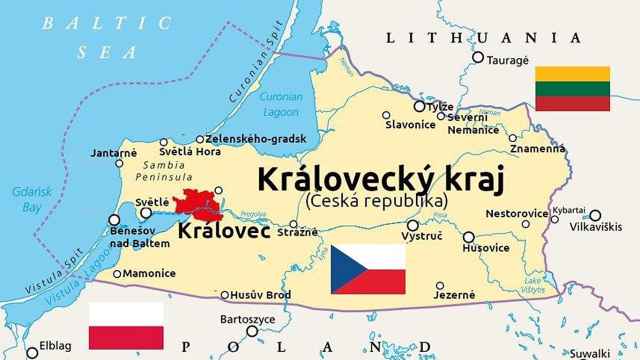Russia’s state communications regulator on Monday has accused Twitter of “maliciously violating Russian law” by failing to take down thousands of tweets containing banned information.
According to Roskomnadzor, Twitter has not deleted 2,862 posts out of the more than 28,000 requests for removal the agency has sent since 2017. This includes 2,336 posts relating to suicide, 352 posts containing pornographic images of minors and 174 posts with information about drug manufacture and use, the agency said.
Roskomnadzor’s statement comes after Twitter blocked 100 accounts associated with Russian government-linked users last month.
The social network said 69 of the blocked accounts “amplified narratives that were aligned with the Russian government” as well as "undermining faith in the NATO alliance and its stability." Another 31 accounts were linked to the Internet Research Agency, which the U.S. accuses of carrying out an online campaign aimed at influencing its 2016 presidential election, Twitter said.
In turn, Roskomnadzor had demanded that Twitter provide a list of the blocked accounts as well as evidence of their connection with Russian government agencies.
In mid-February, Twitter also blocked the account of the Russian Arms Control Delegation in Vienna, a move it later reversed.
Under Russian law, social media networks face administrative fines ranging from 800,000 to 8 million rubles for failing to delete banned information. The fine is increased to one-fifth of the company's total annual revenue for repeat offenses.
Russia has ramped up its rhetoric against foreign social media corporations in recent months as the opposition has been eager to use the increasingly popular platforms to call for anti-government demonstrations.
A Message from The Moscow Times:
Dear readers,
We are facing unprecedented challenges. Russia's Prosecutor General's Office has designated The Moscow Times as an "undesirable" organization, criminalizing our work and putting our staff at risk of prosecution. This follows our earlier unjust labeling as a "foreign agent."
These actions are direct attempts to silence independent journalism in Russia. The authorities claim our work "discredits the decisions of the Russian leadership." We see things differently: we strive to provide accurate, unbiased reporting on Russia.
We, the journalists of The Moscow Times, refuse to be silenced. But to continue our work, we need your help.
Your support, no matter how small, makes a world of difference. If you can, please support us monthly starting from just $2. It's quick to set up, and every contribution makes a significant impact.
By supporting The Moscow Times, you're defending open, independent journalism in the face of repression. Thank you for standing with us.
Remind me later.






